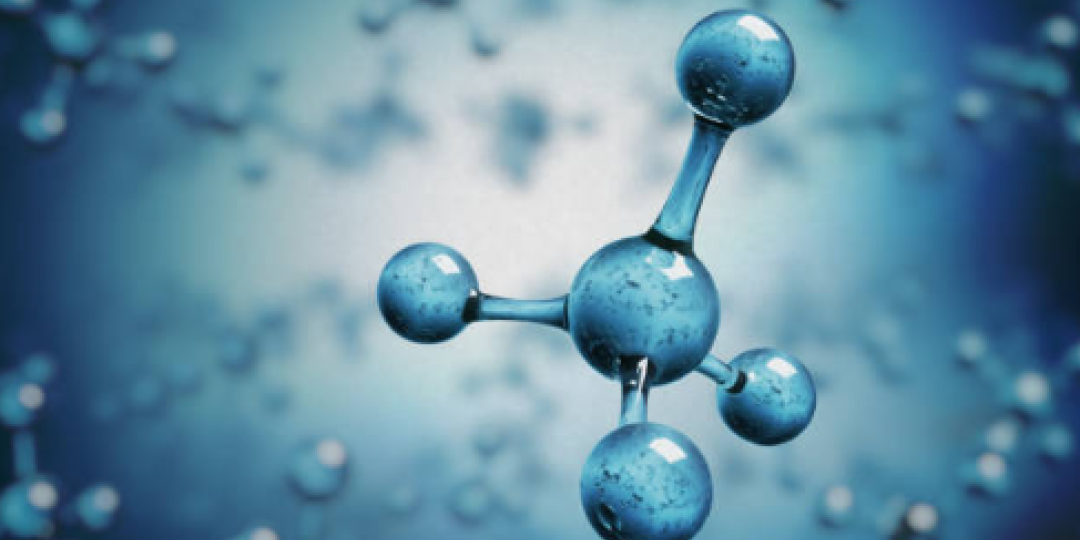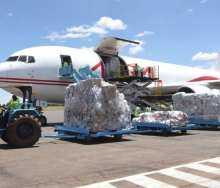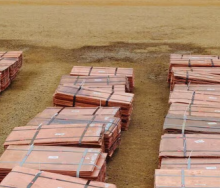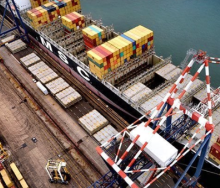A recent study by the Massachusetts Insitute of Technology (MIT) cautions that while switching to ammonia could reduce greenhouse gas emissions, it could also worsen air quality and lead to an additional 600 000 premature deaths per year under current regulations.
This is unless transition to ammonia-powered vessels is accompanied by stricter emission regulations.
This research, funded by the MIT’s Climate & Sustainability Consortium, stressed that burning ammonia produces nitrous oxide (N2O), a greenhouse gas about 300 times more potent than carbon dioxide (CO2).
It also emits nitrogen oxides , a mixture of nitric oxide (NO) and nitrogen dioxide (NO2), collectively known as NOx, and unburnt ammonia might escape, forming fine particulate matter in the atmosphere.
These particles can penetrate deep into the lungs, causing health issues such as heart attacks, strokes and asthma.
The study indicates that under current regulations, switching the global fleet to ammonia fuel could result in up to 600 000 additional premature deaths annually.
However, with stronger regulations and cleaner engine technology, this switch could lead to 66 000 fewer premature deaths than currently caused by maritime shipping emissions, with significantly less impact on global warming.
Currently, the diesel engines used to power ultra-large container vessels, emit signifcant quantities of air pollutants that drive climate change and have human health impacts.
It has been estimated that maritime shipping accounts for almost 3% of global CO2 emissions and the industry's negative impacts on air quality cause about 100 000 premature deaths each year.
Anthony Wong, a postdoc at the MIT Center for Global Change Science and lead author of the study, said: “Not all climate solutions are created equal. We need a holistic approach that considers all costs and benefits, not just the potential for decarbonisation.”
His co-authors include: Noelle Selin, an MIT professor; Sebastian Eastham, now at Imperial College London; Christine Mounaïm-Rouselle from the University of Orléans; Yiqi Zhang from the Hong Kong University of Science and Technology; and Florian Allroggen from MIT. Their research appears in Environmental Research Letters.
Traditionally, ammonia is produced by extracting hydrogen from natural gas and combining it with nitrogen at very high temperatures, resulting in a large carbon footprint.
The maritime industry is now focusing on “green ammonia”, produced using renewable energy for hydrogen generation and heat.
“In theory, burning green ammonia in a ship engine results in nearly zero-carbon emissions,” Wong says.
Nevertheless, even green ammonia generates N2O and NOx when burned, with potential unburnt ammonia emissions. This nitrous oxide can persist in the atmosphere for over a century, and nitrogen emissions can harm ecosystems and produce additional N2O through bacterial digestion.
NOx and ammonia also combine with atmospheric gases to form fine particulate matter, a significant air pollution contributor causing around four million deaths annually.
“Calling ammonia a 'clean' fuel is an overstatement. Carbon-free doesn't necessarily mean it is safe or healthy," Wong adds.
The researchers developed scenarios to assess the environmental and public health impacts of switching to ammonia fuel, considering various technology and policy factors.
From a technological perspective, they examined two ship engines, one burning pure ammonia, emitting higher levels of unburnt ammonia but less NOx, and another mixing ammonia with hydrogen to enhance combustion and optimise catalytic converter performance, reducing both NOx and unburnt ammonia emissions.
They also considered three policy scenarios, namely current regulations limiting NOx emissions in some regions, additional ammonia emission limits in North America and Western Europe, and global limits on both ammonia and NOx emissions.
Using a ship track model, they calculated pollutant emissions under each scenario, feeding these results into an air quality model to determine the impact on particulate matter and ozone pollution, and subsequently estimated global public health effects.
One significant challenge was the lack of real-world data, as no ammonia-powered ships currently operate. The researchers relied on experimental data from collaborators to build their model.
“We had to creatively utilise experimental data to inform both technological and regulatory scenarios,” Wong explains.
The study found that without new regulations and with pure ammonia engines, switching the global fleet could cause 681 000 additional premature deaths annually.
“While no new regulations are unrealistic, this scenario highlights the potential danger of ammonia emissions. Unlike NOx, ammonia emissions from shipping are currently unregulated,” Wong says.
However, using cleaner engine technology without new regulations could reduce premature deaths to around 80 000, about 20 000 fewer than current maritime shipping emissions. With stronger global regulations and cleaner engine technology, the number of deaths could decrease by about 66 000.
“This study underscores the need for policies alongside new technologies,” Selin says. “Ammonia in shipping can benefit both climate and air quality, but regulations must address all potential impacts.”
Ammonia's air quality impacts would vary globally, requiring coordinated strategies across different regions. Most premature deaths would occur in East Asia, where air quality regulations are less stringent, existing air pollution levels are higher, and shipping volume is greater, exacerbating negative effects.
The researchers plan to refine their analysis further, hoping their findings will prompt the marine industry to share engine data for better evaluation of air quality and climate impacts. They also aim to inform policy makers on the urgency of updating shipping emission regulations.













